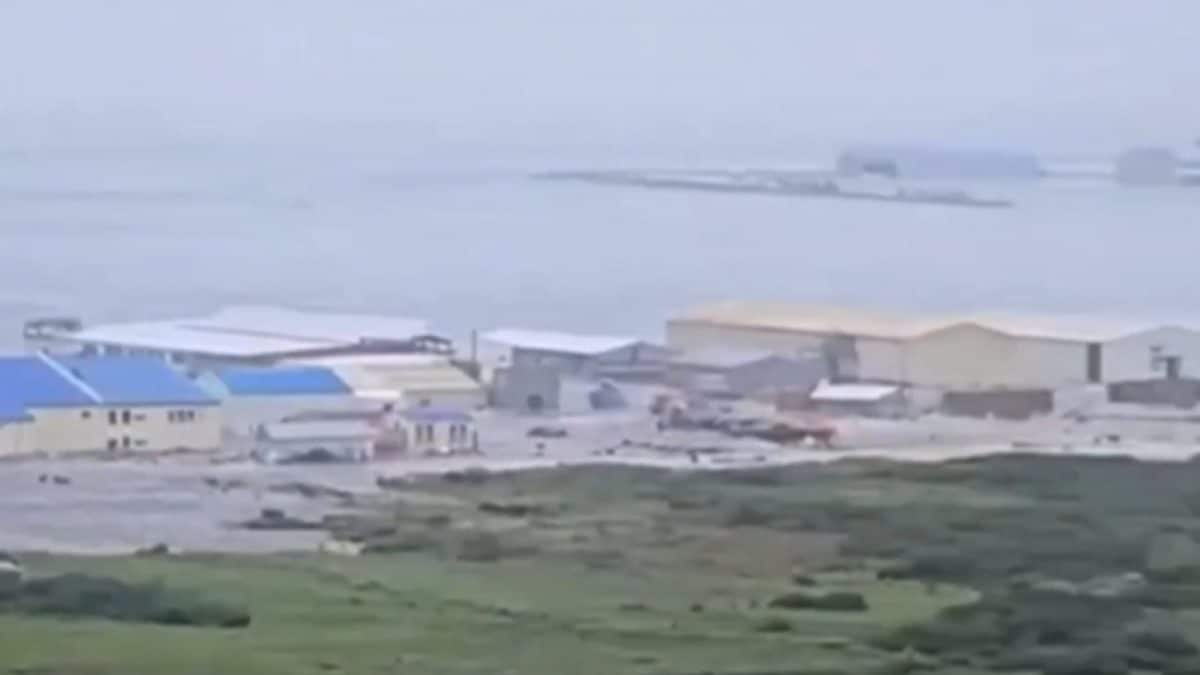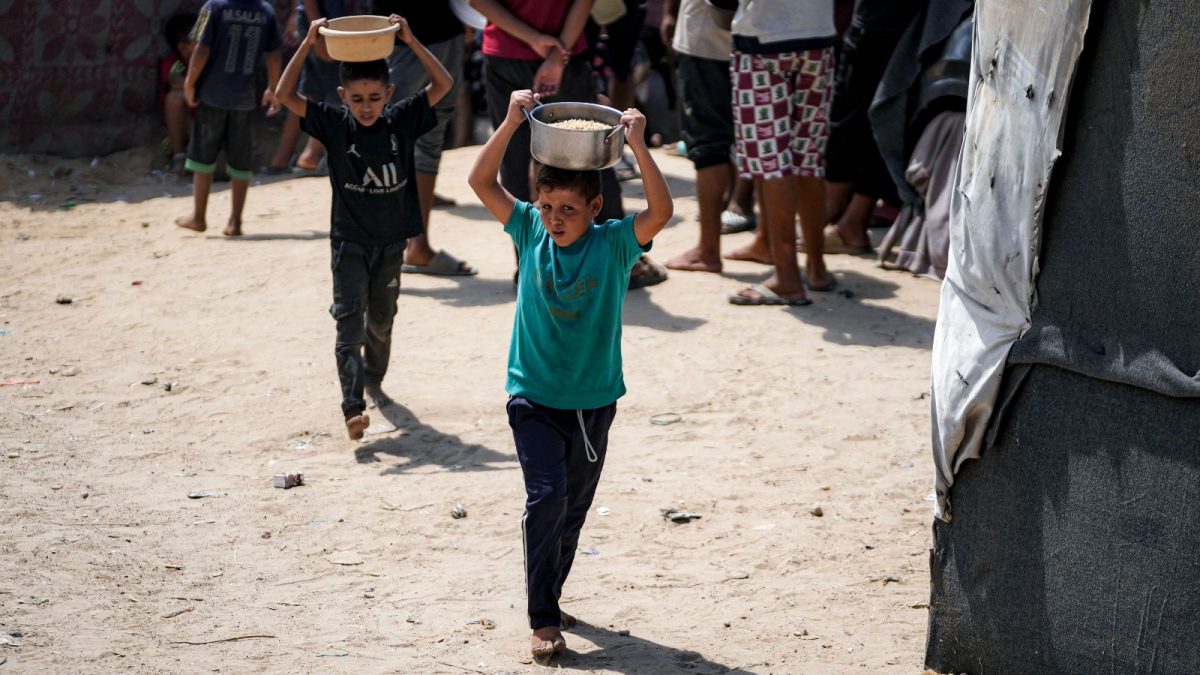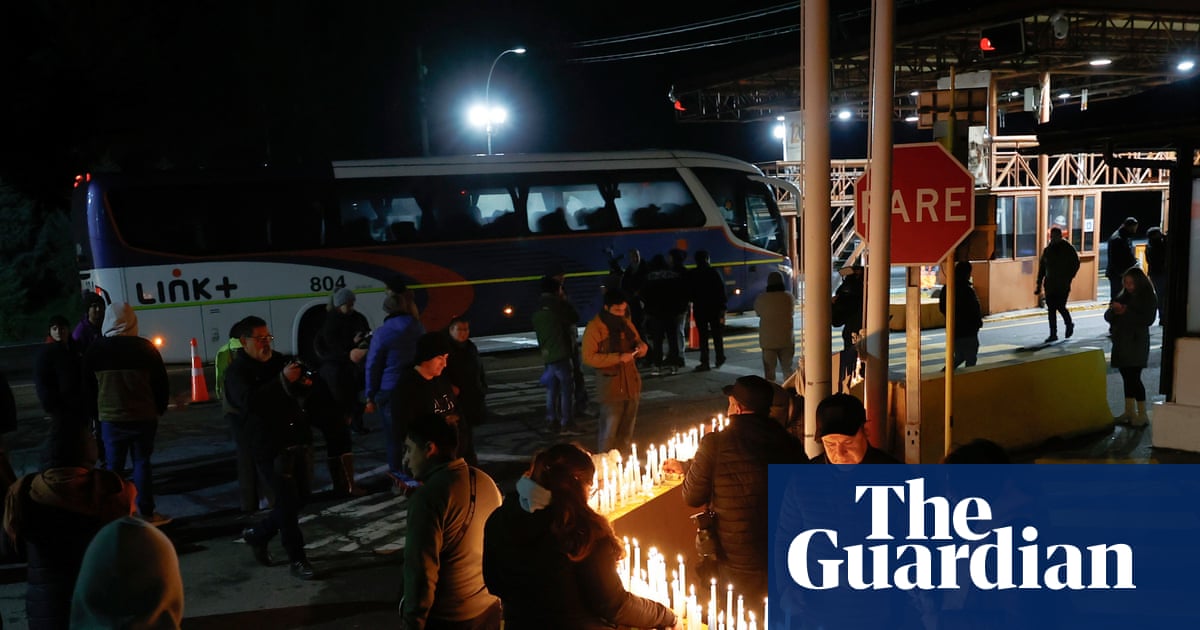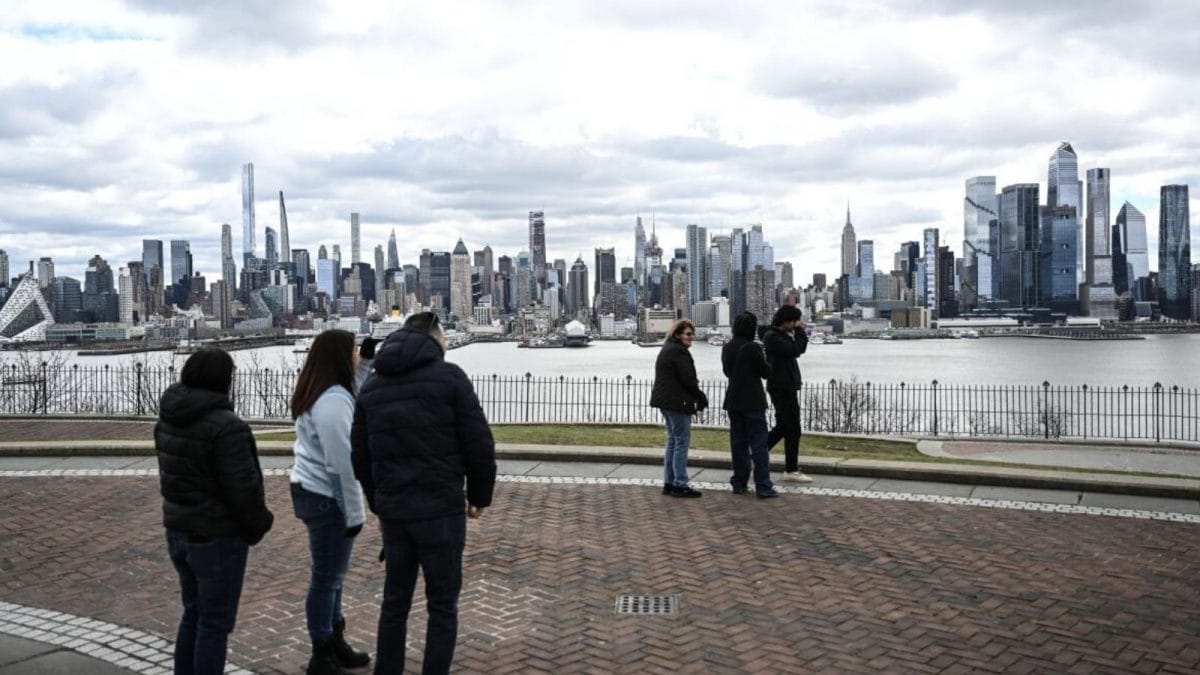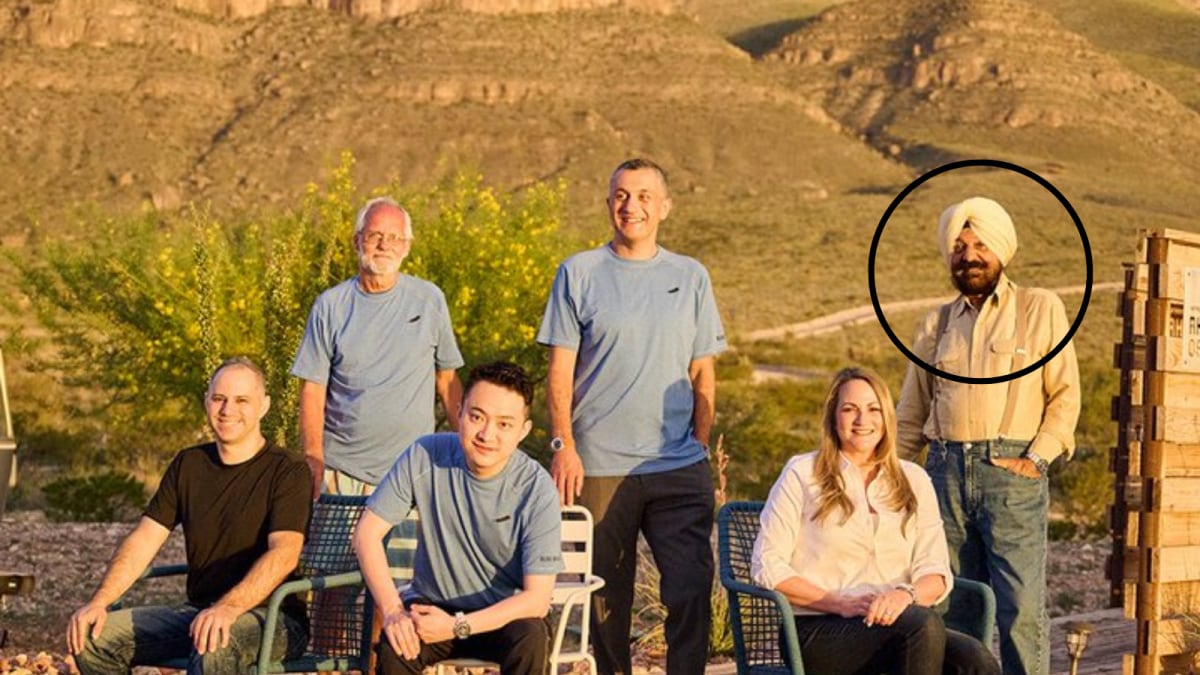Israel has conducted a series of airstrikes on Iran, targeting nuclear facilities and military establishments, including the elimination of key military leaders, in a bold operation dubbed "Rising Lion." The strikes, which Israel claims were a response to an imminent nuclear threat, have heightened tensions in the region, raising concerns about potential escalation.

Israeli Prime Minister Benjamin Netanyahu and Iran's Supreme Leader Ayatollah Ali Khamenei.
Israel has conducted a series of airstrikes on Iran, targeting nuclear facilities and military establishments, including the elimination of key military leaders, in a bold operation dubbed "Rising Lion." The strikes, which Israel claims were a response to an imminent nuclear threat, have heightened tensions in the region, raising concerns about potential escalation.
In an exclusive interview with India Today Global, Israel’s Ambassador to India, Reuven Nazar, defended the military action, stating that Iran’s clandestine efforts to develop nuclear weapons left Israel with no choice but to act. “There was an imminent threat coming from Iran,” Azar said, citing intelligence that Iran was exploiting diplomatic talks to assemble nuclear capabilities. He emphasised Israel’s determination to prevent Iran, which has repeatedly vowed to destroy Israel, from acquiring such weapons.
The operation, described by Israeli Prime Minister Benjamin Netanyahu as “the beginning,” is expected to continue in the coming days or weeks. Azar confirmed that Iran has already retaliated with a barrage of 100 drones, which Israel successfully intercepted. “This is not over,” he said, underscoring Israel’s readiness for further counterattacks.
The strikes targeted not only nuclear facilities but also Iran’s military leadership and ballistic missile programs, which Azar claimed were part of a broader plan to build an arsenal of 10,000 missiles in three years and 20,000 in six. He justified the scope of the operation, stating that Iran’s actions posed a direct threat to Israel’s survival and regional stability.
Azar also addressed criticism that Israel’s actions were disproportionate, pointing to Israel’s history of preemptive strikes against nuclear threats in Iraq (1981) and Syria (2007), which he argued bolstered global security. “By defending ourselves, we provide security to the region and the world,” he said.
Despite international condemnation from members of the Organisation of Islamic Cooperation (OIC), including Saudi Arabia, Azar claimed that many countries privately support Israel’s actions, as they lack the capabilities to counter Iran’s aggression themselves. He dismissed Iran’s claims of pursuing nuclear enrichment for civilian purposes, citing a recent Atomic Energy Agency (IAEA) report that confirmed Iran’s breach of safeguards agreements.
The ambassador acknowledged that Israel used the airspace of other countries to carry out the deep-penetration strikes, a result of years of intelligence gathering and coordination with allies, particularly the United States. He expressed hope that the operation would prompt Iran’s leadership to reconsider its aggressive policies, noting the devastating consequences for the Iranian people due to their government’s focus on military ambitions over domestic development.
Amid concerns about a potential spillover affecting global energy routes and the safety of millions, including 8 million Indian citizens in the Gulf, Azar assured that Israel is targeting only military sites and urged Iran to avoid escalating the conflict further. “We are determined to neutralise Iran’s nuclear ambitions,” he said, emphasising that Israel has no aspirations beyond ensuring its security.
As the world watches the unfolding conflict, Azar called for global support, stating, “Nobody should be threatened with annihilation as Iran threatens Israel.” He expressed confidence in Israel’s ability to defend its citizens against any retaliation, with measures in place to ensure public safety.
The international community now braces for Iran’s response and the potential for third-party mediation to contain the conflict, as fears of a broader regional escalation loom large.
Published By:
indiatodayglobal
Published On:
Jun 13, 2025

 1 month ago
1 month ago

